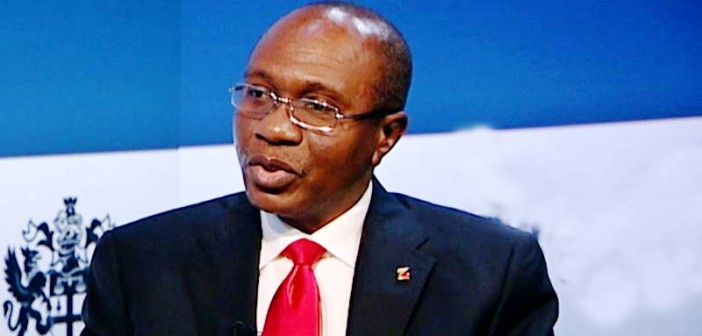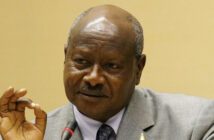Central Bank of Nigeria Governor, Mr. Godwin Emefiele, yesterday, told the Senate that the bank will not rescind the restrictions placed on Bureaux de Change (BDCs) as he described them as waging a relentless war on the Naira. He revealed that the activities of operators of BDCs were mainly responsible for the dwindling value of the Naira as they embark on rent seeking speculation of the local currency.
He also told the senators that some 2,837 BDC operators were leading the speculations against the Naira in the parallel market, adding that since stoppage of allocations to BDCs, they have been sourcing their dollars from oil companies and other foreign exchange earners.
The CBN Governor also at a conference with the theme, ‘Growing Nigeria’s non-oil exports’ organized by the apex CBN and the Nigerian Export-Import Bank as part of measures aimed at increasing the sector’s contribution to economic growth unveiled a N300bn special intervention fund to boost non-oil exports in the country.
The announcement was contained in a communique issued at the end of a non-oil export conference conveyed by the CBN and the Nigerian Export-Import Bank. The communique read in part, “The governor of the CBN committed that the CBN will continue to play a catalyst role in improving exports.
“The CBN will also make N300bn as export stimulation intervention fund available to exporters at not more than nine per cent.”
The CBN Governor, Mr. Godwin Emefiele, had earlier indicated that the country might be heading for tougher times because it recorded a decline of $6.14bn (N1.2tn) in non-oil exports receipts from $10.53bn in 2014 to $4.39bn in 2015.
This is coming against the backdrop of weak oil prices, which have seen a significant drop in crude prices from a peak of $114 barrel in July 2014 to as low as $28 currently.
The country’s reserves have also suffered great pressure from speculative attacks, round-tripping and front-loading activities by actors in the foreign exchange market, making it to decline from $37.3bn in June 2014 to about N28bn currently. Emefiele blamed the decline on the low level of export loans from the banking sector.
He said available statistics showed that while credit to non-oil exports had been declining in the last five years, credit to the economy had been on the increase. Emefiele, who put the total credit to the non-oil export sector at 0.6 per cent of domestic credit to the economy, explained that such level of funding could not unlock the potential of the non-oil sector.




